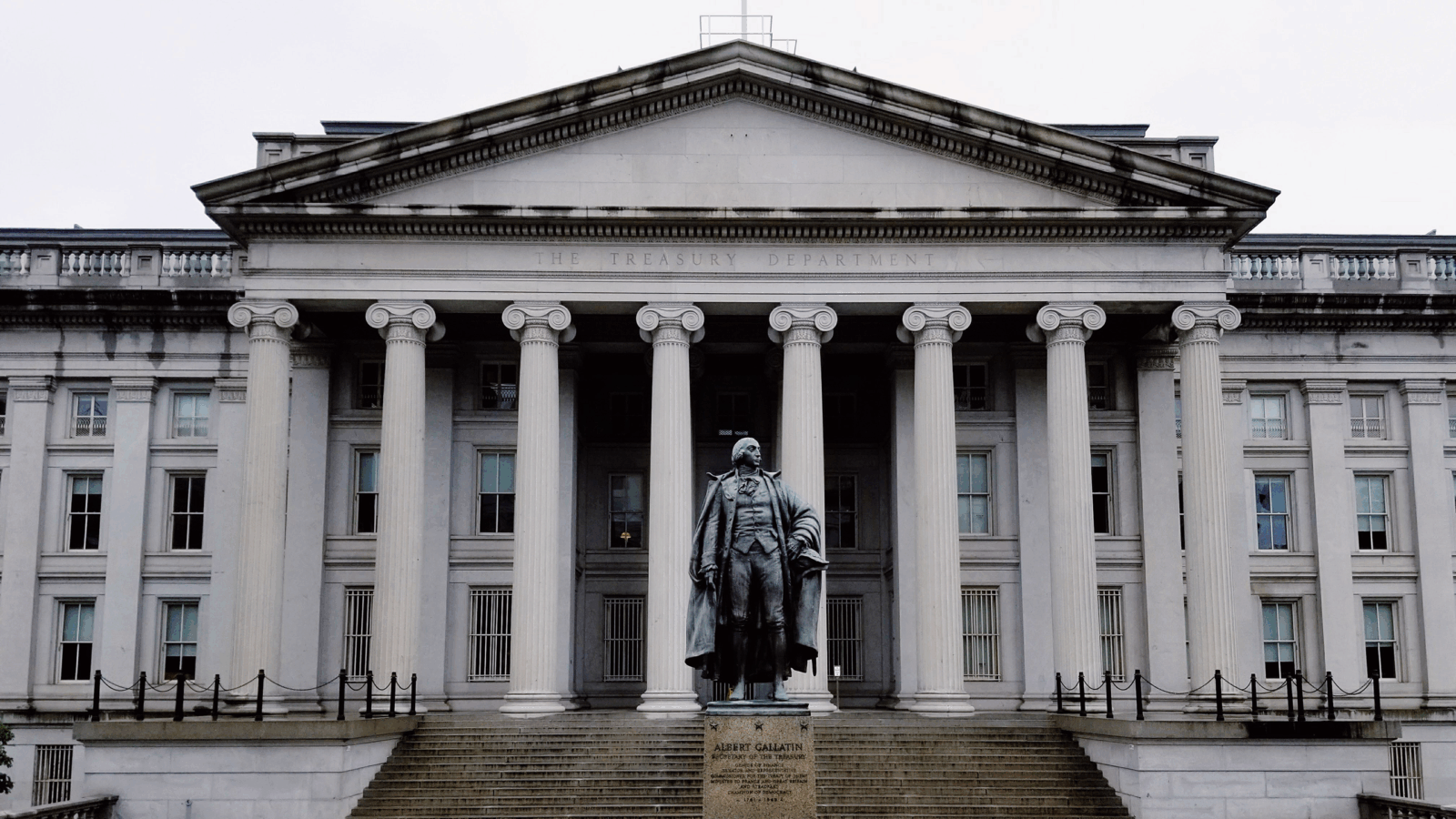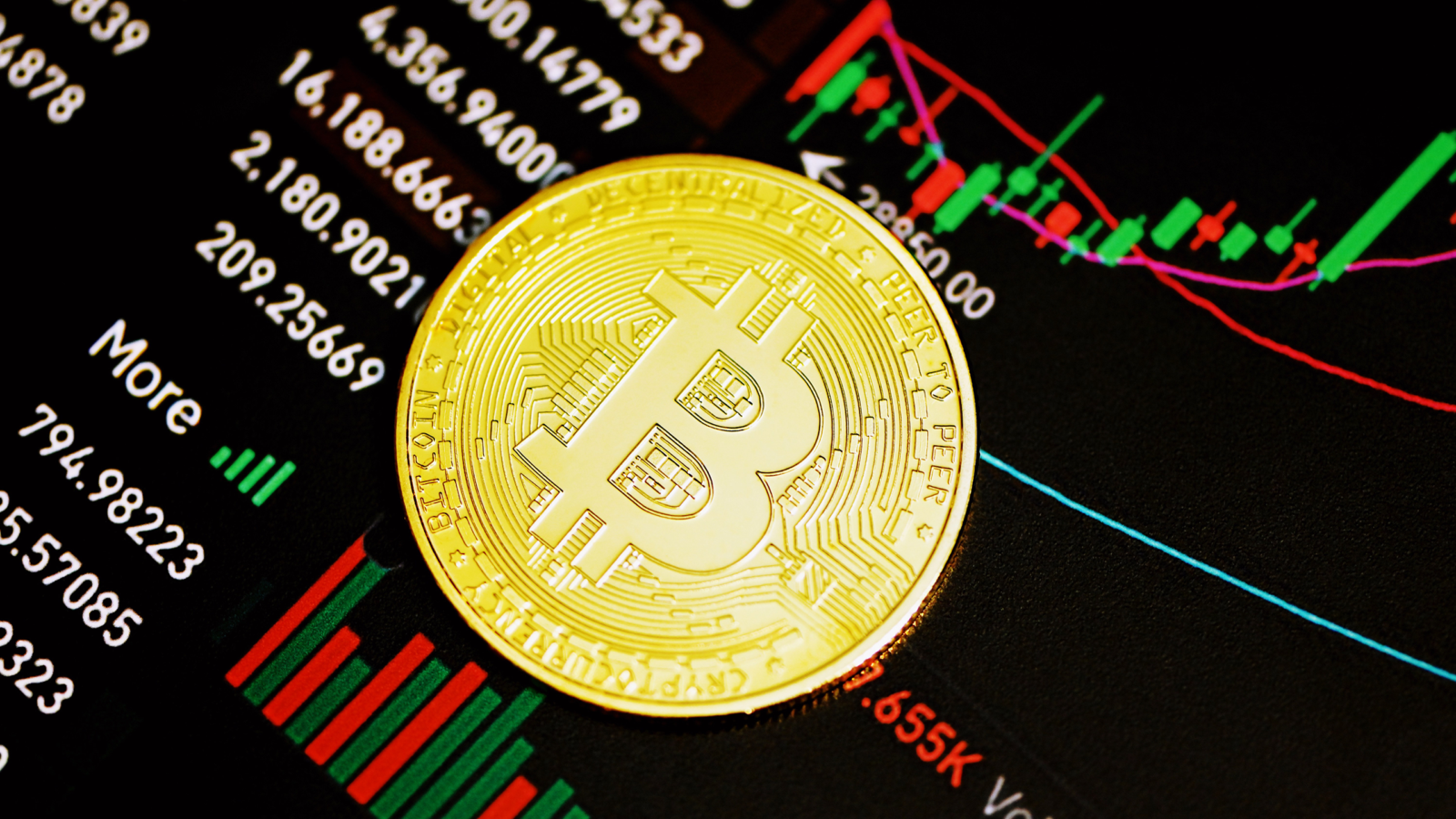
Sign up for smart news, insights, and analysis on the biggest financial stories of the day.
Wall Street traders are fretting that the fraught market conditions so far this year could be here to stay, but analysts at one of the world’s largest investors think those concerns should be treated like The Boy Who Cried Bear Market.
A JP Morgan team said Monday that concerns of an economic slump that will drag down equity markets might be trendy, but they don’t hold up to scrutiny.
The Bear Market: To Wake or Hibernate?
Compared to last year’s shining run that included 70 record closing highs on the S&P 500, stocks this year look like an upside-down reflection in a muddy pond. The S&P 500 — up 27% in 2021 — is down 8.8% in 2022 while the Stoxx 600, Europe’s major benchmark, is down 5.8%. That’s been accompanied by several Wall Street analysts calling for investors to hunker down for bear market conditions. Perhaps most dramatically, Bank of America strategists said on Friday the “rates shock” associated with central bank hikes will soon turn into a “recession shock.”
But JP Morgan’s analysts are unfazed. Why? Because there still remains a lot of global economic activity to unlock as countries round out of pandemic restrictions. New data out of Europe on Monday gave the argument a big shot in the arm:
- The UK and France reported their strongest economic growth in eight months, with their composite purchasing managers index rising to 60.2 and 57.4, respectively. Meanwhile, Germany had its best growth in six months, and Europe’s manufacturing lead times fell, a key sign that supply chain bottlenecks are starting to wane.
- “We think it is wrong to position for a recession given still extremely favorable financing conditions, very strong labor markets, underleveraged consumers, strong corporate cash flows, and banks’ strong balance sheets,” said JP Morgan’s analysts, in a note that urged investors to “stay bullish” on banks, mining, energy, insurance, autos, travel, and telecoms.
Word is Bond: In at least one case, investor worry has actually been a secret boon to stocks. Wary of rate increases, investors pulled $160 billion from money-market funds and $17.5 billion from bond mutual funds and exchange-traded funds in the first seven weeks of 2022, according to a Refinitiv Lipper analysis, while about $50 billion was shifted into stocks.











